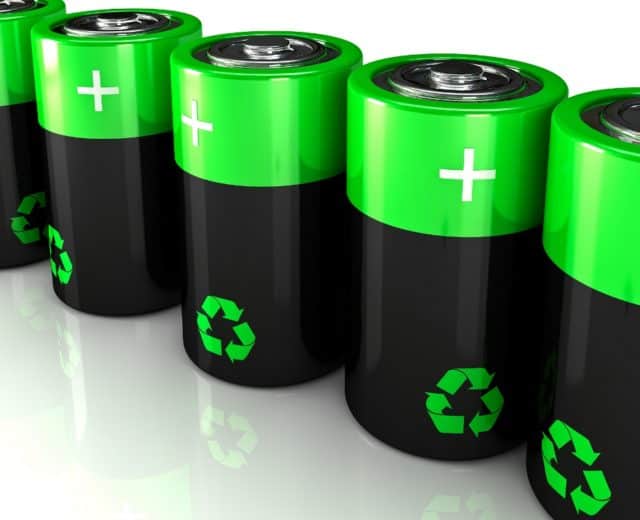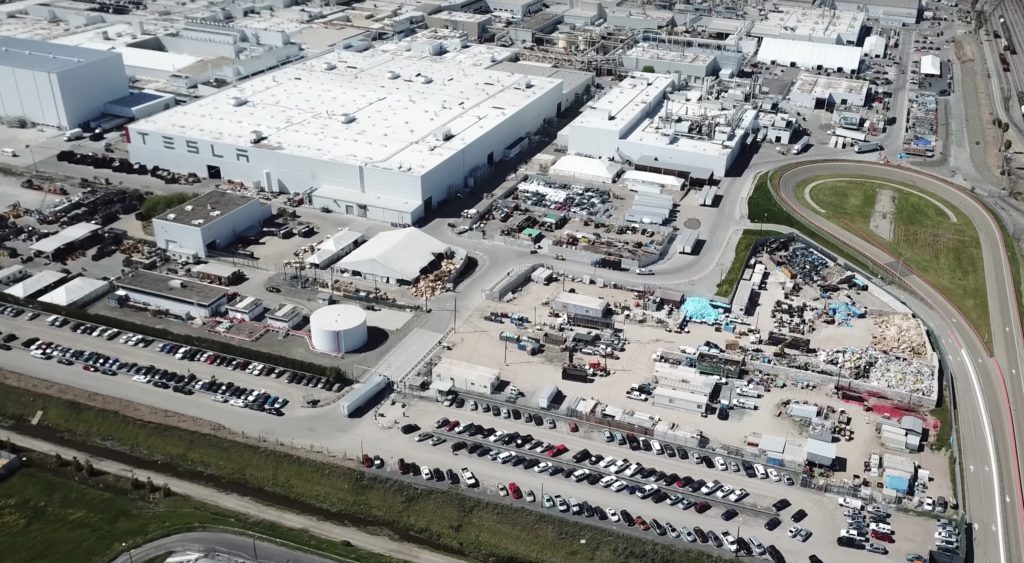
Nickel touched a 10-week high on Wednesday as falling stockpiles and a tightening of time spreads suggested an undersupplied market.
Benchmark nickel on the London Metal Exchange (LME) closed down 0.4 percent at $11,630 a tonne after reaching $11,770, its highest level since Nov. 8.
The stainless steel ingredient is up around 10 percent from a 15-month low on Jan. 2. It has been caught up in a broader slide in industrial metals because of fears that China’s economic growth is slowing. Stockpiles in exchange warehouses are near multi-year lows and the price of cash nickel surged this week compared with contracts for later delivery, suggesting a shortage of nearby material.
But Citibank analyst Oliver Nugent said the tighter spreads were likely due to temporary factors related to the expiry of an LME monthly nickel futures contract on Wednesday.
“This is probably more a feature of a technical imbalance of longs and shorts around a key expiry than it is a reflection of a tightening in nickel’s fundamentals,” he said. The nickel market will likely be fairly balanced in 2019 after a small deficit of 40,000 tonnes in 2018, he added,
predicting prices around $11,500 at the end of this year.
STOCKS: Nickel stocks in LME-registered warehouses at around 200,000 tonnes are down from more than 360,000 tonnes at the start of 2018 and at their lowest level since mid-2013. Nugent said the drawdowns were partly due to metal being moved to non-exchange warehouses, rather than because it has been consumed.
SPREADS: The discount of cash nickel compared to three-month metal rose to $67 from $9, which was the smallest discount in nearly two years. But at $67 the discount remains below recent levels of around $80 to $90. WARRANTS/POSITIONS: Exacerbating a squeeze on the LME, a single entity held between 40 and 49 percent of nickel warrants and there were large holders of long and short positions in the January futures contract. COLUMN: Flash LME nickel squeeze may be a taste of things to come: Andy Home CHINA: Battling a slowdown that could curtail demand for metals, China signalled more stimulus measures in the near term as it aims to achieve “a good start to 2019”. RUSAL: The U.S. Senate voted to advance a resolution disapproving of a plan to ease sanctions on Russian companies including Rusal, the biggest aluminium producer outside China. ALUNORTE: Aluminium maker Norsk Hydro said the Brazilian state of Para had lifted a production embargo on its Alunorte alumina facility, the world’s largest refinery of the aluminium ingredient. OTHER METALS: Copper finished 0.8 percent higher at $5,970 a tonne, aluminium ended up 0.7 percent at $1,859 a tonne, zinc rose 1.7 percent to $2,497 a tonne, lead gained 0.4 percent to $1,975 a tonne and tin closed down 0.5 percent at $20,575 a tonne.





